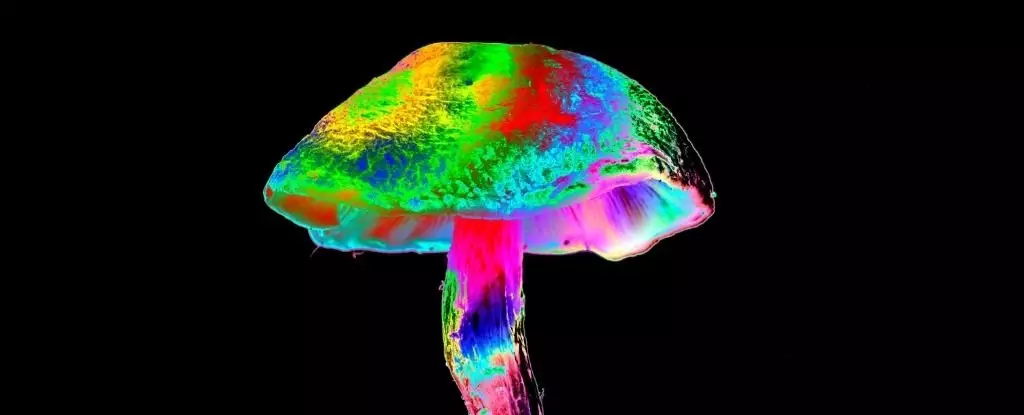Psychedelics have gained increasing attention in both scientific and public spheres due to their powerful effects on altering perception, mood, and mental processes. These substances have shown promise in treating various mental health disorders. However, understanding how psychedelics interact with different mental health conditions, particularly personality disorders, is crucial. Personality disorders involve rigid and unhealthy thinking, functioning, and behavior patterns that significantly impact a person’s life. The influence of psychedelics on mental states can either worsen or improve symptoms unique to these disorders.
A recent study conducted by researchers at Imperial College London delved into the complex relationship between psychedelics and mental health, highlighting potential risks for individuals with personality disorders. The study gathered self-reported data from 807 individuals who had used psychedelics in different settings, ranging from recreational to therapeutic. The researchers assessed participants’ mental wellbeing before and after psychedelic use using the Warwick-Edinburgh mental wellbeing scale. They identified a significant drop in mental health if an individual’s happiness and wellbeing declined more than the norm observed in the study. Notably, individuals with a history of personality disorders accounted for a substantial portion (31%) of negative experiences reported while under the influence of psychedelics.
Despite the valuable insights provided by the study, it is imperative to acknowledge its limitations. The reliance on self-reported data, a small participant pool, and a high dropout rate of 56% could have skewed the results. The absence of a control group for comparison, variations in psychedelic types and dosages, and the grouping of diverse personality disorders together might have obscured specific risks associated with each disorder. Different personality disorders may exhibit varied responses to psychedelics, with some individuals experiencing worsened symptoms or increased instability.
While the study underscored the potential benefits of psychedelics for mental health, it emphasized the necessity of screening individuals for personality disorders before considering psychedelic therapy. Safely and effectively using psychedelics demands a personalized approach, especially for vulnerable populations. To ensure the safety and efficacy of psychedelic therapy, it is essential to refine treatment protocols and conduct controlled trials comparing psychedelics with standard treatments or placebos. Professional evaluation of personality disorders, standardized psychedelic dosages, and rigorous research methodologies are vital for accurately assessing the therapeutic impact of these substances.
The intricate interplay between psychedelics and personality disorders necessitates a nuanced and cautious approach in leveraging these substances for mental health treatment. By addressing the limitations of existing studies and implementing rigorous research practices, we can enhance our understanding of how psychedelics interact with various mental health conditions, ultimately improving therapeutic outcomes and promoting mental wellbeing.

Leave a Reply